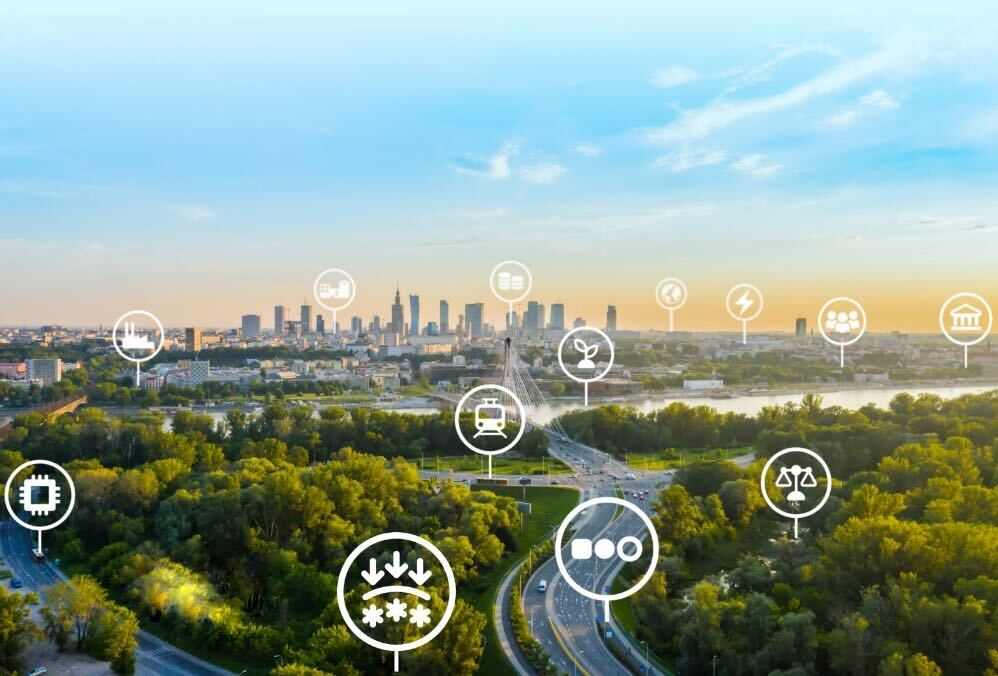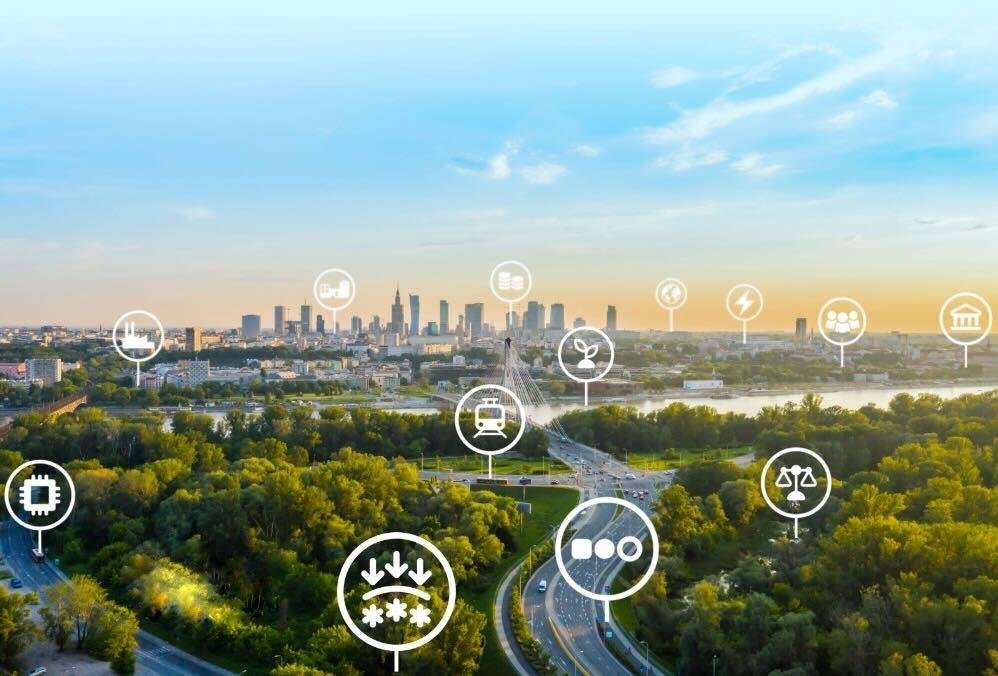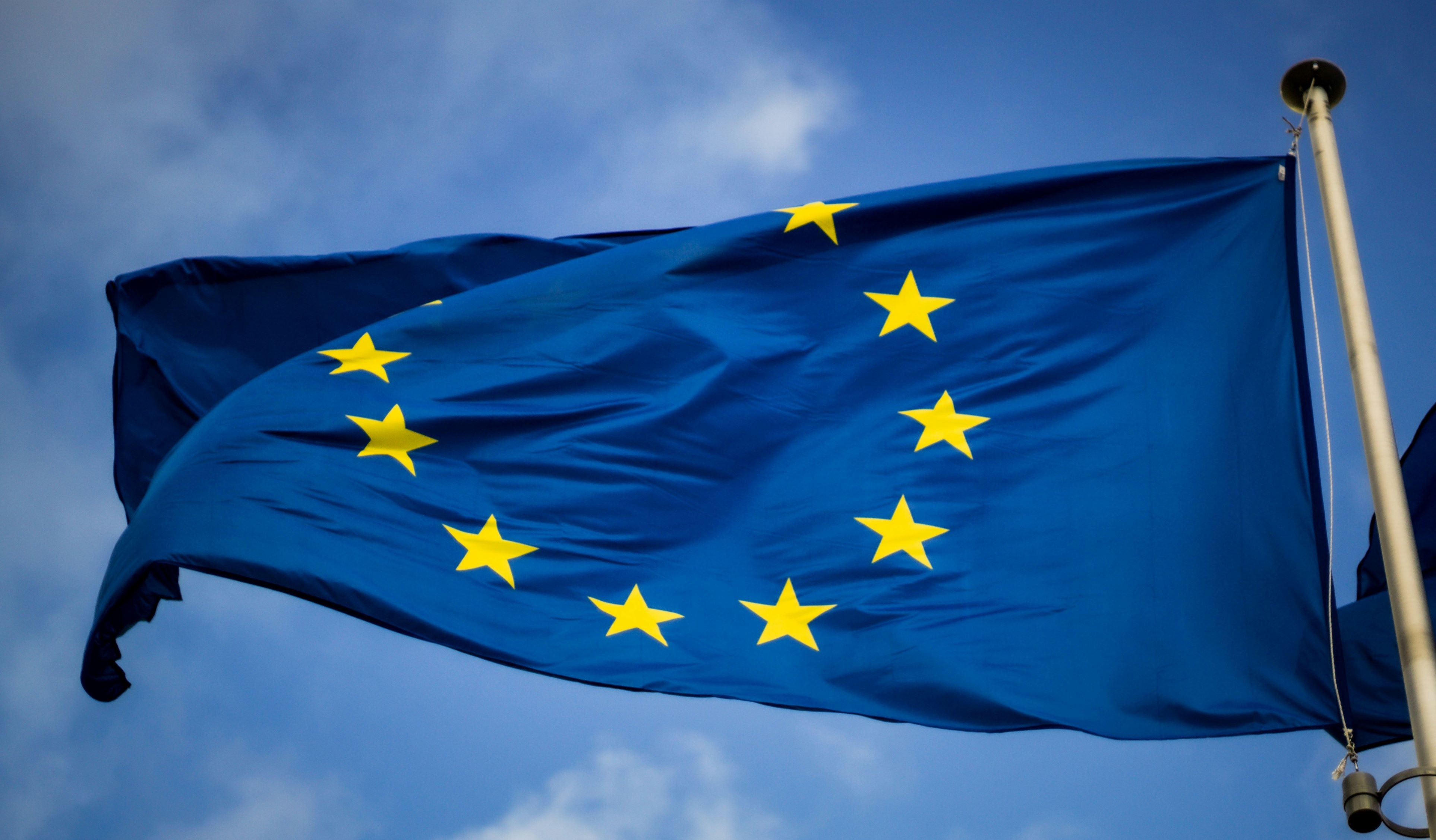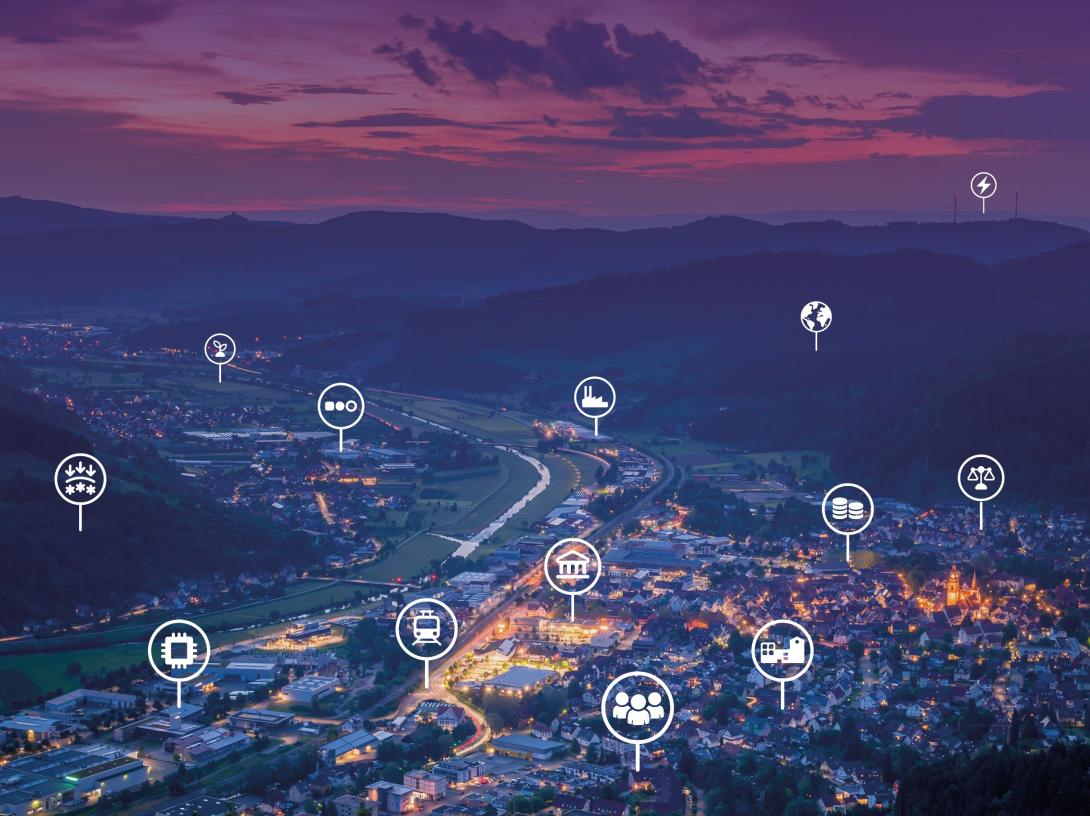- Newly launched European Climate Neutrality Observatory (ECNO) set up to ensure the right monitoring and governance processes are in place for successful delivery of European Green Deal
- First comprehensive report tracking the EU’s measurable progress towards climate neutrality across society shows positive movement in most sectors and cross-cutting areas
- Report warns that observed pace of transition still too slow to achieve stated targets, and highlights areas most in need of urgent action
- ECNO hopeful that progress under the European Green Deal will help close the gap between the EU’s climate ambitions and measured progress
- Report comes ahead of EU Commission’s first official assessment of progress to climate neutrality in September 2023.
A new independent net zero watchdog, the European Climate Neutrality Observatory (ECNO), has launched to help ensure the EU gets and remains on track with the delivery of a resilient, climate neutral future.
Composed of some of Europe’s leading research organisations, with expertise spanning the fields of climate policy, governance, economics and finance, ECNO aims to support and hold EU institutions to account in the successful delivery of the European Green Deal.
ECNO’s first comprehensive report tracking the EU’s measurable progress towards climate neutrality across society is based on analysis of available data mainly up to 2021 - the year in which major policies to implement the European Green Deal were proposed. The report finds that, while most sectors and cross-cutting areas of Europe's economy are orienting in the right direction, the pace of change is too slow to achieve Europe's stated targets.
ECNO experts are hopeful that progress in passing and implementing new climate neutrality policies under the European Green Deal political project will help to accelerate the transition. All eyes are on the EU to see to what extent these policies deliver on the necessary progress towards climate neutrality.
The flagship report, State of EU Progress to Climate Neutrality, looks at observed changes across a comprehensive set of over 100 economic and social indicators, and compares them against EU benchmarks to judge real-world progress towards climate neutrality, as well as assessing the factors that will enable future progress. This approach to tracking allows ECNO to inform EU policymakers on areas where further action is the most urgent.
ECNO identifies governance as an area where progress is on track in terms of setting up a framework for climate neutral planning, policymaking, and monitoring, but stresses it is now up to both the European Commission and Member States to implement these processes to their full potential as well as to evolve the framework over time.






